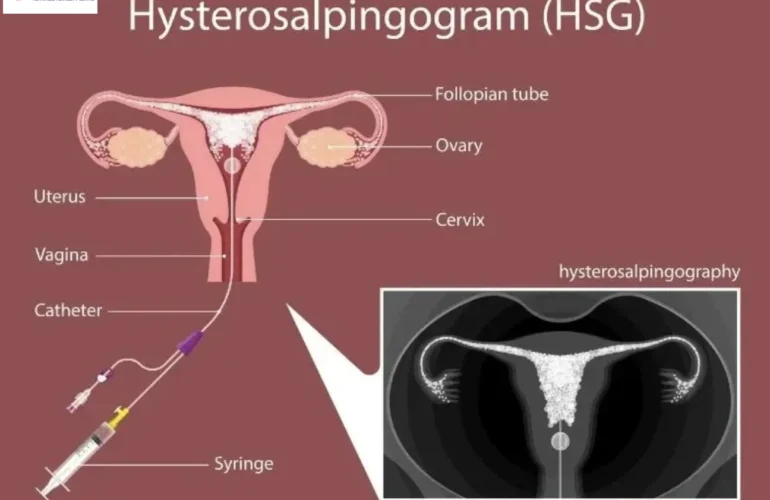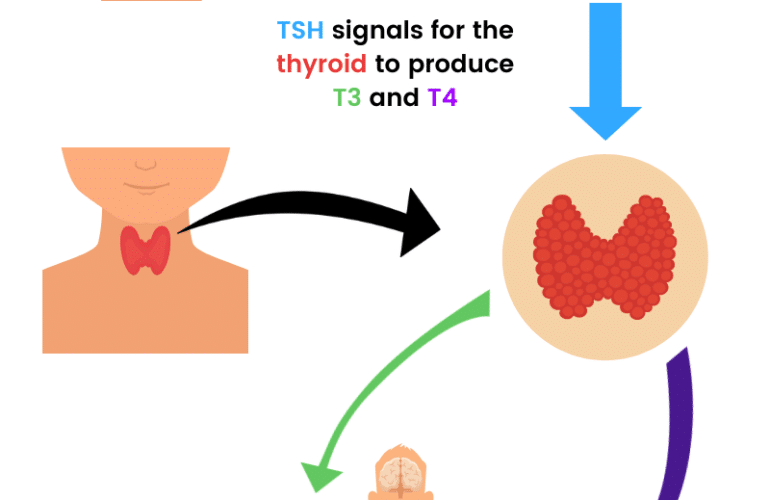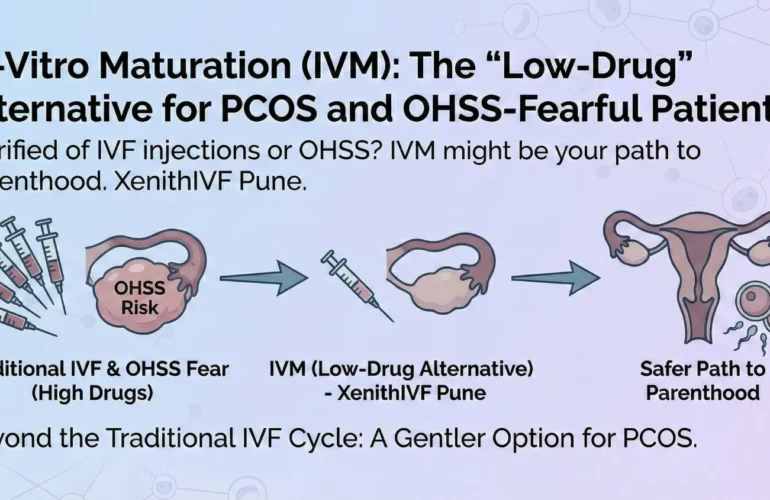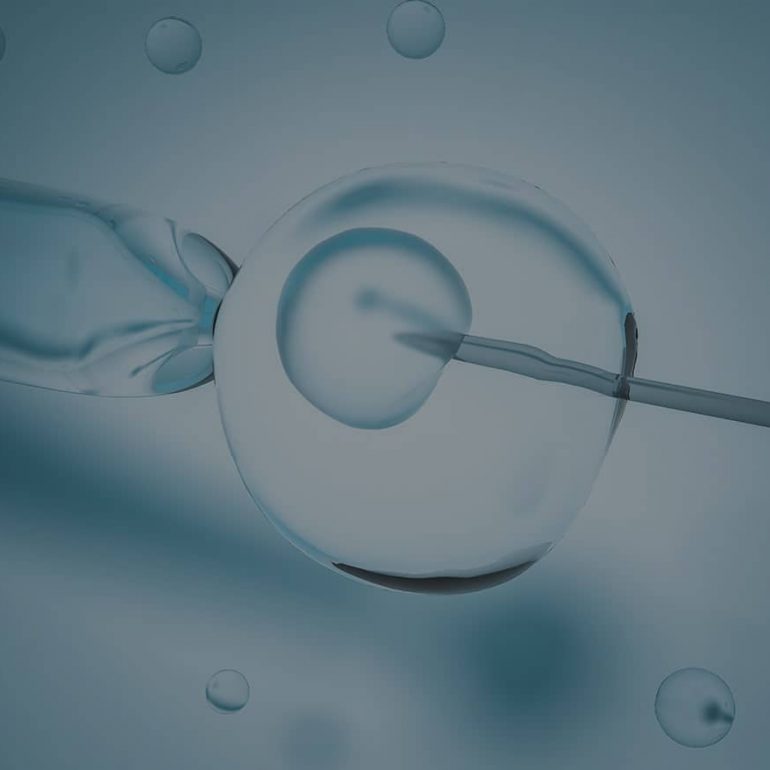Advancements in reproductive medicine have empowered prospective parents with tools to ensure the health of their future children. One such tool is preimplantation genetic testing (PGT), a procedure that identifies genetic or chromosomal abnormalities in embryos before implantation. By selecting embryos without genetic defects or chromosomal abnormalities, couples can increase the likelihood of a healthy baby.
Xenith Hope Circle
Join our new WhatsApp community
Table of content
What is Preimplantation Genetic Testing (PGD/PGT/PGT- A)?
Preimplantation genetic testing (PGT) encompasses various techniques used alongside in vitro fertilization (IVF) to assess embryos for genetic or chromosomal anomalies before implantation. This process ensures that only embryos with the correct number of chromosomes and without specific genetic mutations are selected for transfer, thereby improving IVF success rates.

Free Thursday Consultation
Book Your Appointment
- PGT-A (Preimplantation Genetic Testing for Aneuploidy): This test checks whether embryos have the normal number of chromosomes. Aneuploidy, the presence
of an abnormal number of chromosomes, can lead to implantation failure, miscarriage, or congenital disorders like Down syndrome. - PGT-M (Preimplantation Genetic Testing for Monogenic Disorders): This test screens for specific inherited gene mutations, such as cystic fibrosis or sickle cell anemia, that parents may carry. By identifying embryos without these mutations, PGT-M helps prevent the transmission of certain genetic diseases.
- PGT-SR (Preimplantation Genetic Testing for Structural Rearrangements): This test detects structural changes in chromosomes, like translocations or inversions,
which can lead to miscarriages or genetic disorders.

Who Should Consider PGT?
PGT is particularly beneficial for individuals or couples with specific reproductive or genetic concerns. According to experts, the following groups may consider undergoing PGT:
- Couples with a history of genetic disorders.
- Women over the age of 35, who have a higher risk of chromosomal abnormalities.
- Couples who have experienced multiple IVF failures or recurrent pregnancy loss.
- Individuals carrying chromosomal translocations or single-gene disorders.
- Couples pursuing single embryo transfer to reduce multiple pregnancy risk
By identifying embryos free from genetic issues, PGT offers peace of mind and better outcomes for those who face increased reproductive challenges.
EXCELLENTTrustindex verifies that the original source of the review is Google. We highly recommend this clinic. Dr Mamta Mam Dr Poonam Mam Dr Pooja Mam are extremely humble and experienced doctors. Their overall staff was very kind ,polite and supportive. We are extremely happy with the treatment and positive report. Thank you so much Xenith IVF to make our dream come true.Posted onTrustindex verifies that the original source of the review is Google. We had a very positive experience at Xenith IVF & Fertility. From the first consultation itself, the doctors and staff made me feel heard, supported, and reassured during what can otherwise be an emotionally overwhelming journey. The doctors are extremely patient, knowledgeable, and take time to explain every step clearly without rushing. I really appreciated the transparency in treatment options and the calm way all doubts were addressed. It helped reduce a lot of anxiety. The nursing staff and coordinators are caring, approachable, and well-organised. Appointments were managed smoothly, and follow-ups were timely. The clinic is clean, hygienic, and well maintained, which added to the overall confidence and comfort. Most importantly, I felt treated not just as a case, but as a person. The empathy and emotional support made a huge difference. I would definitely recommend Xenith IVF & Fertility to anyone looking for professional, ethical, and compassionate fertility care.Posted onTrustindex verifies that the original source of the review is Google. Xenith IVF helped make our dream come true through IVF. I am most thankful to Dr. Mamta Dighe, along with Dr. Pooja, Dr. Reshma for their precise diagnosis, exceptional care and support throughout this process. The sisters Mayuri and Pallavi were kind and attentive. Reception team Kalyani, Samiksha and Sharayu were polite and welcoming thought I thought that at rush hours they need more helping hands to support them. Most of the time receptionist team is busy in peak hours and unnecessary wait may result in frustration. Rest all is very well organised, clean and neat.Posted onTrustindex verifies that the original source of the review is Google. Excellent ivf center. Highly recommended. Dr. Mamta is expert in her domain and consistently positive towards the treatment. Special thanks to her for personal attention to each and every detail. All the treatment process was managed with sincerity and transparency. The entire hospital staff is professional and polite. The reception and administrative staff efficiently handle all appointments and queries with great professionalism. Special thanks to Dr. Pooja for her regular guidance and timely support during emergency situations and for patiently addressing all concerns. Overall, the clinic is highly recommended and 100% trustworthyPosted onTrustindex verifies that the original source of the review is Google. I had a wonderful experience at Xenith IVF. The team took amazing care of us throughout the journey and made us feel supported at every step. Truly grateful and very happy with the experience.Posted onTrustindex verifies that the original source of the review is Google. Best doctor's ever, good experience, all staff are supporting.Posted onTrustindex verifies that the original source of the review is Google. Efficient and well-organized center. Friendly and understanding receptionists; amazing and phenomenal service of the doctors. It has truly been a wonderful experience. Thank you.Posted onTrustindex verifies that the original source of the review is Google. After a long journey, Xenith IVF helped make my dream come true through IVF. I am most thankful to Dr. Mamta Dighe, along with Dr. Pooja, Dr. Poonam, Dr. Reshma, and Dr. Minal, for their exceptional care and support throughout this process. The sisters Ms. Sonia, Ms. Mayuri, Ms. Pallavi were kind and attentive, and the reception team Ms. Kalyani, Ms. Samiksha, Ms. Sharayu was polite and welcoming. The clinic maintains state-of-the-art lab facilities with advanced technology and strict hygiene standards, which gave me confidence throughout the process. I also appreciate their complete transparency in procedures and clear communication at every step, which made the experience stress-free and trustworthy. The team ensures maximum patient comfort and provides emotional support during every stage, patiently answering questions and offering reassurance when needed. Xenith IVF is known for its high success rates and personalized treatment plans, which truly make a difference for couples struggling to conceive. Thank you, Xenith IVF, for your dedication and compassionate approach. I highly recommend Xenith IVF to anyone looking for expert care and a supportive team.Posted onTrustindex verifies that the original source of the review is Google. We extend our sincere appreciation for the exceptional service provided by Xeinth. The doctors, particularly Dr. Pooja, demonstrated remarkable expertise and knowledge, offering invaluable guidance and care throughout our experience. Her ability to address each query with clarity and compassion was greatly appreciated. The entire staff, including the nurses, exhibited a high level of professionalism and empathy, making our journey a positive one. Thank you team. We highly recommend Xeinth for their outstanding care and service.
What is the Process of Preimplantation Genetic Diagnosis?
Understanding how preimplantation genetic diagnosis is done is crucial for prospective parents considering this option. The process involves several key steps:
1. Ovarian Stimulation and Egg Retrieval: The woman undergoes hormonal treatments to produce multiple eggs, which are then retrieved for fertilization.
2. Fertilization: Retrieved eggs are fertilized with sperm in a laboratory setting to create embryos.
3. Embryo Culture: Embryos are cultured until they reach the blastocyst stage, typically 5–6 days after fertilization.
4. Embryo Biopsy: A few cells are carefully removed from each embryo’s outer layer, which will form the placenta. The inner cell mass, destined to become the baby, remains untouched.
5. Genetic Analysis: The biopsied cells are analyzed in a laboratory to detect chromosomal abnormalities or specific genetic conditions.
6. Embryo Selection: Based on the genetic analysis, embryos are classified as euploid (normal), aneuploid (abnormal), mosaic (a mix of normal and abnormal cells), or non- informative. Only healthy embryos are selected for transfer.
7. Embryo Transfer: Selected healthy embryos are transferred into the uterus for implantation.
8. Cryopreservation: Any remaining healthy embryos can be frozen for future use.
This meticulous approach enhances the chances of a successful pregnancy and the birth of a healthy baby.
Benefits of PGT
The advantages of preimplantation genetic testing extend beyond identifying genetic
disorders:
- Increased IVF Success Rates: By transferring only genetically healthy embryos, the likelihood of implantation and full-term pregnancy improves.
- Reduced Risk of Miscarriage: Many miscarriages are due to chromosomal
abnormalities; PGT helps prevent this by detecting such embryos early. - Avoidance of Genetic Diseases: Couples with known hereditary conditions can
prevent the transmission of these to their children. - Better Family Planning: Knowing which embryos are viable gives couples more control over their reproductive choices.
- Reduced Emotional and Financial Strain: By increasing the chances of success per IVF cycle, PGT can reduce the number of cycles needed, saving time, emotional energy, and costs.
While PGT improves the likelihood of success, it does not guarantee pregnancy or eliminate all risks. Counselling and comprehensive fertility evaluation remain essential.

Frequently Asked Questions
Preimplantation genetic testing (PGT) is a procedure used to detect specific genetic mutations in embryos before implantation. It involves analyzing a few cells from the embryo to identify inherited diseases.
IVF is the process of fertilizing an egg outside the body and implanting it into the uterus. PGT is an additional step in IVF where embryos are genetically screened before implantation to ensure they are free from specific conditions.
PGT is generally safe, but potential risks include:
- Damage to the embryo during biopsy (rare with advanced techniques).
- False positives or negatives in genetic testing.
- Ethical or emotional implications of selecting embryos.
The main methods include:
- PGT-A: Checks for chromosomal abnormalities.
- PGT-M: Screens for specific inherited gene mutations.
- PGT-SR: Detects structural changes in chromosomes.
The process involves IVF to create embryos, biopsy of a few cells from each embryo, genetic analysis of these cells, and selection of healthy embryos for transfer.
PGT benefits individuals or couples with known genetic mutations, recurrent pregnancy loss, advanced maternal age, or unsuccessful IVF cycles.
The cost of PGT varies but typically ranges between Rs. 30,000 and Rs. 60,000, in addition to standard IVF costs, which range from Rs.1,50,000 to Rs. 2,50,000.
Conclusion
Preimplantation genetic testing, including PGD and PGT-A, is a valuable tool for couples at risk of passing on genetic conditions. By selecting healthy embryos, PGT increases the success rate of IVF and offers prospective parents greater confidence in their reproductive journey. Consulting with a fertility specialist can provide personalized insights into how PGT can benefit individual circumstances.
Why Choose Xenith?
We have years of experience, expertise and the latest reproductive technologies in the area of infertility and treatment plan designed for individual needs. The staff at Xenith is highly trained in the latest embryological, medical and technological know-how as well as counselling and therapeutic communication. We are equipped to offer evidence-based treatment in infertility efficiently.
- Patient-centered care
- Specialty in Recurrent IVF Failures
- Focus on interventions
- High IVF success rates
- High Clinical Standard
- All treatments under one roof
Book Appointment Today!
Recent Posts

Is the HSG Test Painful? A Patient’s Step-by-Step Guide to Stress-Free Testing in Pune

Autoimmune Thyroid Disease and Fertility: Diagnosis, Treatment, and IVF Success Strategies

Comprehensive Guide to Herbal Supplements for Fertility: Evidence, Dosage, and Safety




